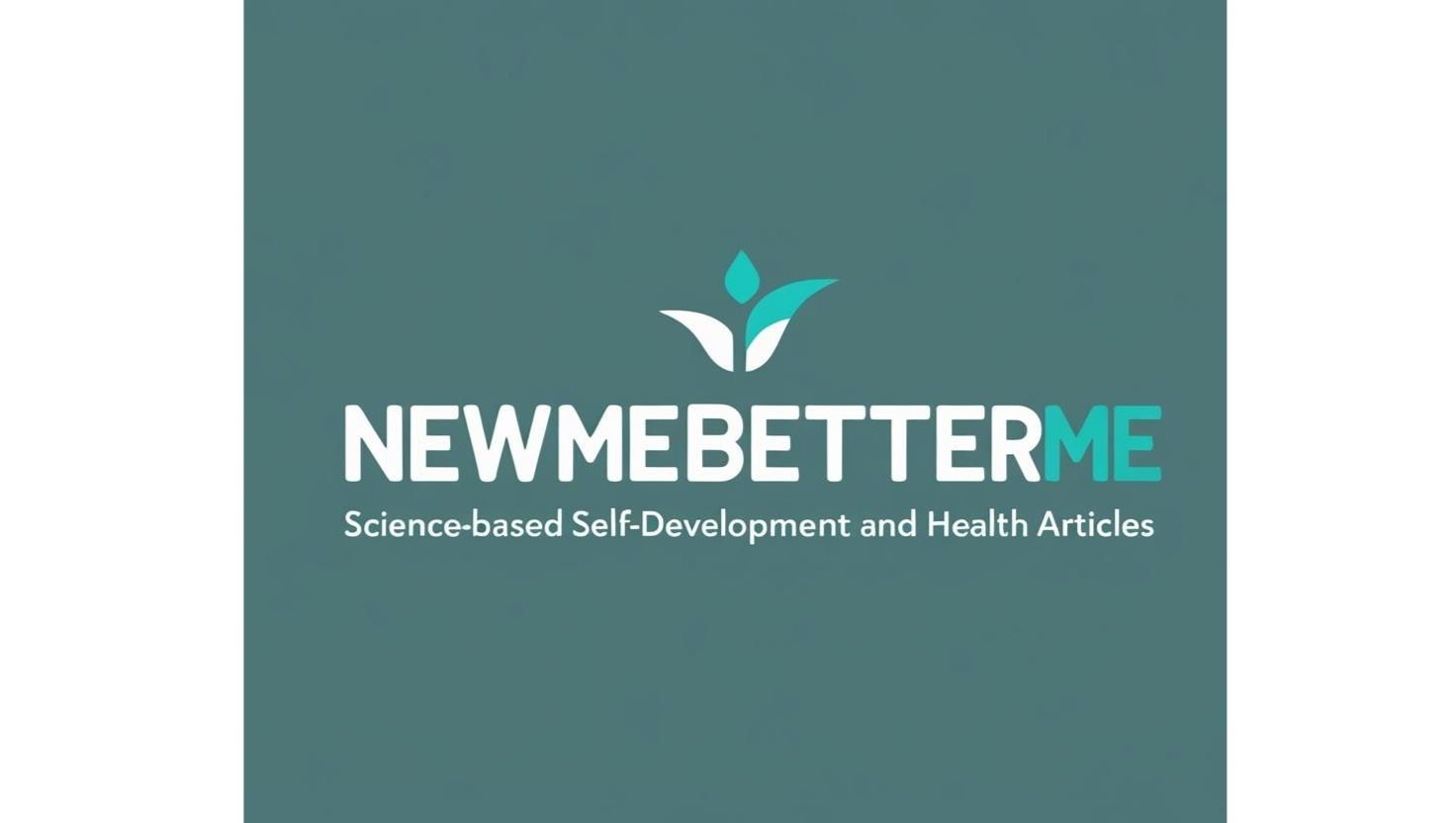Do Memory Supplements Really Work? A Science-Based Analysis
The supplement industry is booming with claims about brain-boosting pills that promise sharper memory, faster thinking, and protection against cognitive decline. But how much of this is backed by real science?
In this article, we’ll explore the most popular memory supplements, what research says about their effectiveness, and how to make informed choices.
The Truth About Memory Supplements
While some nutrients are essential for brain health, supplementing them doesn’t always translate to better memory—especially if you’re already getting enough from your diet.
- A review published in The Lancet Neurology concluded that most memory supplements offer little to no cognitive benefits in healthy individuals.
- A Consumer Reports investigation found many brain-boosting supplements contain unproven ingredients or misleading claims.
- According to BrainMD, the effectiveness of memory supplements depends on their formulation, bioavailability, and synergy with a healthy lifestyle. They emphasize that scientifically formulated supplements can support brain function when used appropriately.
➡ Takeaway: Some supplements may help, but many have weak or inconsistent scientific backing.
Breaking Down Popular Memory Supplements
1. Omega-3 Fatty Acids: Brain Essential, But Not a Magic Pill
- Found in fatty fish (salmon, mackerel, sardines), omega-3s are linked to better brain health.
- Research suggests diets rich in omega-3s lower the risk of dementia.
- However, omega-3 supplements alone have not consistently improved memory in clinical trials.
- BrainMD highlights the importance of DHA, a specific omega-3 fatty acid essential for brain cell function and cognitive longevity.
➡ Verdict: Eat fish instead of relying on pills, but high-quality DHA supplements may be beneficial.
2. B Vitamins (B6, B12, Folate): Necessary, But Not for Everyone
- B vitamins help reduce homocysteine levels, which are linked to cognitive decline.
- However, studies show B-vitamin supplements do not consistently improve memory in healthy individuals.
- BrainMD emphasizes that B vitamins play a key role in neurotransmitter production and energy metabolism, which are essential for cognitive health.
➡ Who Might Benefit?
- People with B12 deficiency (common in vegans and older adults).
- Individuals with high homocysteine levels (linked to heart and brain diseases).
3. Ginkgo Biloba: Popular, But Lacks Evidence
- Traditionally used in Chinese medicine for improving circulation.
- Large-scale studies show no significant impact on memory or dementia prevention.
- BrainMD notes that while Ginkgo has antioxidant properties, its effects on cognition remain inconclusive in clinical studies.
➡ Verdict: Not effective for dementia prevention.
4. Lion’s Mane Mushroom: Promising, But Research is Limited
- Contains compounds that may stimulate nerve growth factor (NGF), crucial for brain health.
- Most studies are small or conducted on animals, not humans.
- BrainMD suggests Lion’s Mane could support brain plasticity but should be combined with other proven cognitive enhancers.
➡ Verdict: Possibly beneficial, but not proven yet.
Hidden Dangers of Memory Supplements
Many brain supplements aren’t as safe as they seem.
1. Weak Regulation & Contamination Risks
- Unlike prescription drugs, supplements aren’t tightly regulated by the FDA or European health authorities.
- Some products contain unlisted ingredients or even illegal drugs.
- BrainMD advises choosing pharmaceutical-grade supplements that undergo rigorous testing.
➡ Solution: Choose third-party tested supplements from reputable sources.
2. Possible Interactions with Medications
- Some memory supplements can interfere with blood thinners, blood pressure meds, or antidepressants.
- Ginkgo biloba, for example, can increase bleeding risk if combined with aspirin or warfarin.
➡ Solution: Always consult a doctor before taking supplements—especially if you’re on medication.
What Actually Works for Memory?
If supplements aren’t the answer, what is? Science-backed lifestyle changes:
- Exercise Regularly: Reduces dementia risk by up to 76% (Harvard Health).
- Eat a Brain-Healthy Diet: The MIND diet lowers Alzheimer’s risk by 30–35% (Rush University).
- Get Enough Sleep: Poor sleep doubles dementia risk (National Institute on Aging).
- Challenge Your Brain: Learning new skills builds cognitive resilience (Journal of Neuroscience).
Amen Clinics’ Memory Rescue Program
The Amen Clinics offer a comprehensive Memory Rescue Program designed to assess and treat memory issues through a multifaceted approach. Key components include:
- Comprehensive Assessments: Utilizing brain SPECT imaging alongside lab tests to identify underlying causes of memory problems.
- Identifying Risk Factors: Addressing 11 critical risk factors summarized by the acronym BRIGHT MINDS:
- Blood Flow
- Retirement/Aging
- Inflammation
- Genetics
- Head Trauma
- Toxins
- Mental Health
- Immunity/Infection Issues
- Neurohormone Deficiencies
- Diabesity
- Sleep Issues
- Personalized Treatment Plans: Tailored strategies encompassing mind and body interventions, nutritional guidance, and continuous coaching and follow-up care.
This integrative protocol aims to not only improve memory but also enhance overall brain health and quality of life. (Amen Clinics)
Final Thoughts: Should You Take Memory Supplements?
- For most people, a balanced diet and healthy lifestyle are more effective than supplements.
- If you have a deficiency (e.g., B12), supplements might help—but always consult a doctor.
- Be cautious about marketing claims and opt for well-researched, third-party tested products.
- Focus on proven memory-boosting habits, like exercise, diet, and mental stimulation.
<– Previous article: The Surprising Link Between Hearing Loss and Dementia
References
- The Lancet Neurology. (2020). “Cognitive Health and Supplements: A Systematic Review.”
- Consumer Reports. (2021). “The Truth About Brain-Boosting Supplements.”
- Harvard Health Publishing. (2022). “Do Memory Supplements Really Work?”
- Amen Clinics. (2023). “Memory Rescue Program.”
- BrainMD. (2023). “The Science of Brain-Boosting Supplements.”
- National Institute on Aging. (2021). “How Sleep Affects Brain Function.”
- Rush University Medical Center. (2019). “The MIND Diet and Cognitive Decline.”
- Journal of Neuroscience. (2020). “Lifelong Learning and Brain Plasticity.”
